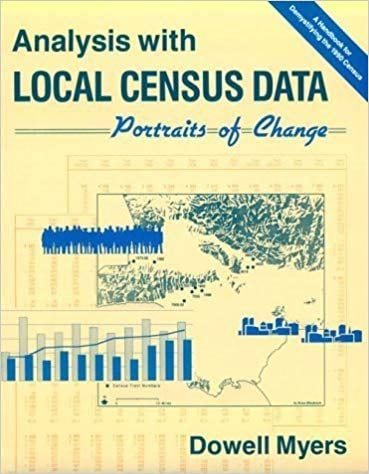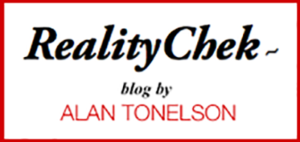EP 346 Why is Entrepreneurship In America Declining?
Risk-takers, dreamers and idea people in America are hedging their bets on that new business they have been imagining for years and it’s of concern to Congress. Recently, the House and Senate set up entrepreneur caucuses to raise the profile of the issue. Inc. Magazine identified six areas where we may see legislative action for entrepreneurs in 2020. And two senators, a Democrat and a Republican have introduced legislation to study the issue further. Considering the fact that small businesses account for almost 41 percent of private-sector payroll and 65 percent of net new job creation, this issue must be taken seriously. We have seen many start-ups get gobbled up by larger and larger companies in the recent period. Wayne Titus III, author of ‘The Entrepreneur’s Guide to Financial Well-Being’, surveys the landscape with us to find out why this trend is occurring. He urges those who have new ideas to reach for their dreams while have the people, systems, advisors and plans in place to execute the vision. He describes concepts like ‘behavorial governance’ and ‘integrative advice’ as being key in this process. If you’re planning to step away from the 9 to 5 work world to run down your dream, please take a listen. Wayne is chock full of good advice.
Podcast: Play in new window | Download






